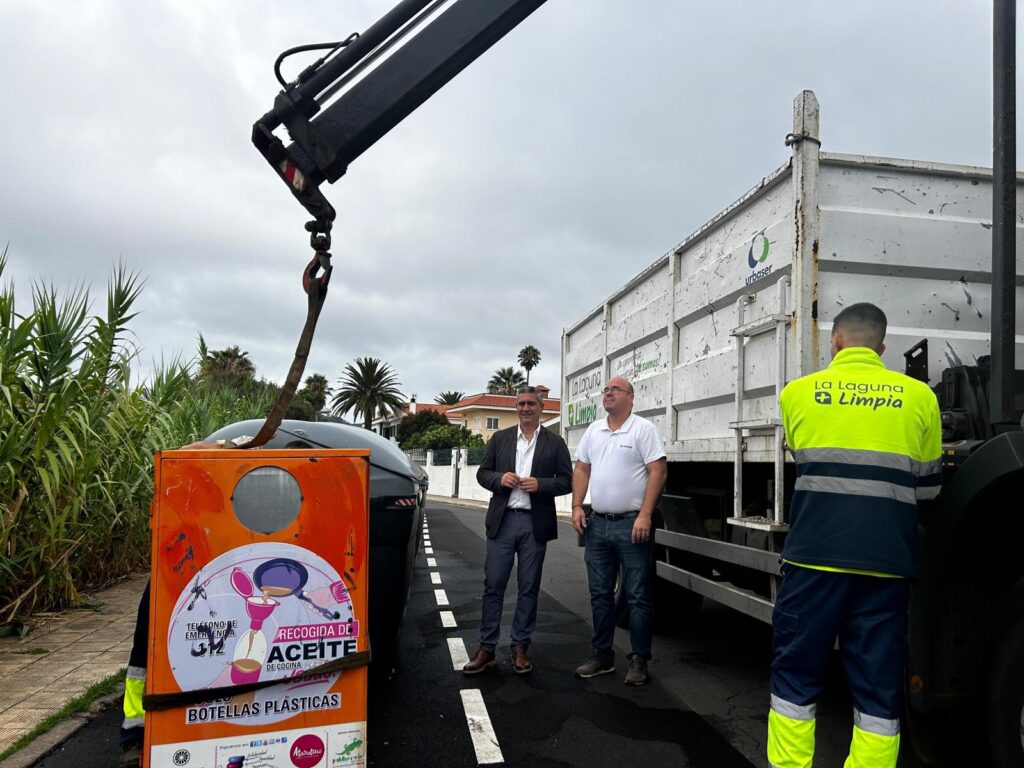Socialists advocate for the role represented in the island’s human resources management of the institution.
Santa Cruz de Tenerife, 28th February (Europa Press) –
The Socialist Group within the Cabildo de Tenerife has this Friday urged the Government Group (CC and PP) during the Plenary of the Insular Corporation to appoint a “qualified” mediator to facilitate negotiations between the tram strike committee and the company, Metropolitan, in order to address a strike that has “already lasted for over a year.”
The group’s spokesperson, Aarón Afonso, has therefore championed “necessary actions” to resolve the dispute, which impacts users of the service, resulting in “congestion” and “difficulty accessing the vehicles during peak times.” Additionally, he has highlighted concerns regarding the working conditions of the staff, particularly with respect to safety and health.
“We believe it is opportune for the president, Rosa Dávila, and her team to take control and not sidestep the issue by leaving negotiations solely in the hands of the company amidst the ongoing discussions with the strike committee,” Afonso remarked, insisting on the need for a “qualified” mediator for the negotiations. He suggested that the island’s human resources management could serve this purpose.
During the Plenary, CC and PP proposed a total amendment to the socialist motion, an alternative which was rejected by the PSOE due to its stipulation for a “suspension of the strike by the committee.” “One cannot demand that one of the parties make concessions that should arise from the negotiations between the company and the workers,” Afonso added.
In response, the Minister of Mobility, Eulalia García, defended the position of the current mediator involved in the dispute, the same individual who has been engaged in collective bargaining with Titsa, the last public company with which agreements have been successfully reached. In her remarks, she called any “strike of such duration” inconceivable and unacceptable, particularly given that it concerns a vital public service such as transport.
Alongside the move to eliminate the tram’s silica dust, among the demands made by the workers, the Minister clarified that other aspects of the negotiations “are progressing well,” concluding that the “strike ought to have been suspended.”
She outlined some points as “resolved,” including the operational and health committee regulations, which have been agreed upon, and an “accident and incident protocol” that is ready for signing with full consensus, in addition to the planning of preventative activities following the evaluation of psychosocial risks.
“It has been noted that of the 88 points, only 14 remain outstanding. Nevertheless, an agreement has been reached to draft a resolution to the strike that will address those 14 points in a consensual manner,” the minister explained.
She also mentioned the ongoing implementation of the company’s equality plan, which is proceeding as planned. Among the “discrepant or unapproachable points” currently in this negotiation framework, she referred to the administrative framework agreement, an issue of “collective bargaining” that cannot be addressed during the strike period, she argued.
The socialist motion ended with the approval of a comprehensive amendment presented by the Popular Party and the Canarian coalition, which was rejected by the PSOE. This amendment requests the strike committee of the Insular Public Company, Metropolitan of Tenerife (MetroTenerife), to suspend the strike while the negotiation process with the company is ongoing, with the support of the Insular Cabildo de Tenerife.
With this agreement, it has also been approved that the Cabildo shall adopt “all measures within its capability” to resolve the Metropolitan strike of Tenerife (MetroTenerife) “that is causing harm to both users and tram workers,” as stated in the motion.
















